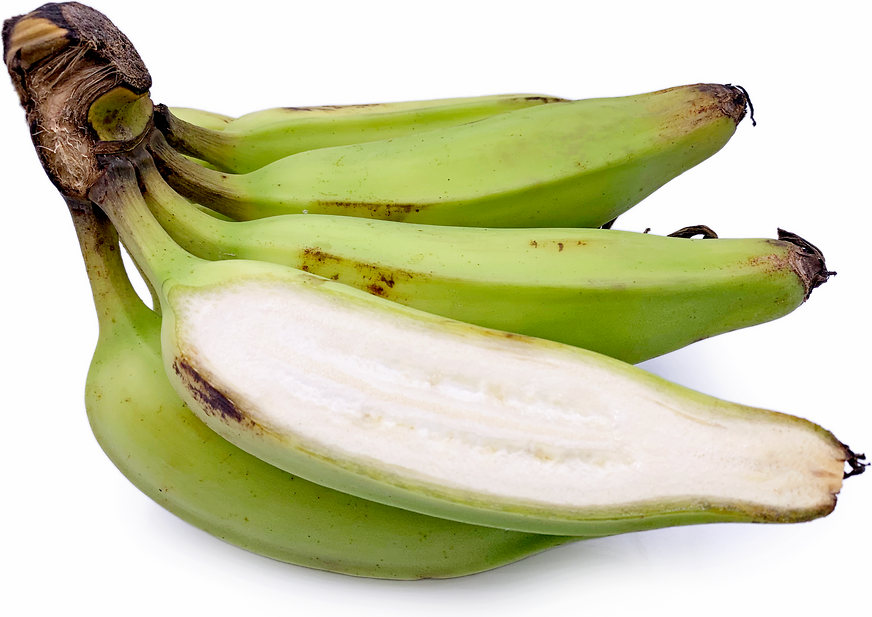Kenya Plant Health Inspectorate Service (KEPHIS), has called upon the youth, women and farmers in general to increase volumes of unripe bananas and broccoli to South Korea as the market for the commodities is still under supplied.
Kenya is free to export unripe banana and Broccoli as long as they get a phytosanitary Certificate which is issued by KEPHIS.
This is one of the outcomes of the visit to South Korea by Foreign Affairs Cabinet Secretary (CS), Amb. Monica Juma in October 2018, that saw bilateral consultations with Korean Government that granted market access authorisation for Kenya to export the said products.
The two, unripe banana and Broccoli are also exempted from Pest Risk Analysis (PRA) but require to be accompanied by a phytosanitary (plant health) Certificate.
In spite of the offer, the volume of the exports of the two products is dismally small and the State Department of Trade Principal Secretary, Amb. Johnson Weru, has advised exporters and interested counties to liaise with KEPHIS to get the necessary certificates of conformity.
In a press release, KEPHIS Managing Director, Prof. Theophilus M. Mutui, said following the bilateral agreement with Republic of South Korea, market for various products from Kenya Counties that have the capacity to produce and export the two products are encouraged to do so.
However, he added that exporters are required to be registered by Horticulture Crops Directorate as an exporter, they should also register with KEPHIS by submitting statutory documents to be issued with credentials for accessing the Electronic Certification System (ECS).
“Phytosanitary certificates are issued upon inspection and confirming that the bananas are free from pests and pest damage and meet quality requirement such as ensuring that the banana are unripe, free from damage, and practically free of any visible foreign matter,” he explained.
Prof Mutui noted that gaining access to a new market for a plant commodity can, in some circumstances, involve a relatively straightforward process, while in other circumstances the process can be protracted.
The initiation of the process, whereby a country considers a request for market access, he said usually takes the form of a written submission from the relevant government authority of the exporting country to the counterpart agency of the importing country.
This, he explained, is mainly done through a Pest Risk Analysis, which is the process of evaluating biological or other scientific and economic evidence to determine whether an organism is a pest, whether it should be regulated, and the strength of any phytosanitary (plant health) measures to be taken against it.
“Kenya continues to engage the Republic of South Korea on the export of more products that include Avocados, Passion fruits, Baby carrots, Baby corn, sugar snaps/snow peas, Karella and Pineapple fruits,” Prof. Mutui said.He added that apart from the market access for unripe banana and broccoli, Kenya exports other agricultural commodities to the Republic of South Korea that include cut flowers, propagation materials and also Chrysanthemum flowering plants, native in East Africa, Coffee, dried chilies, Gum Myrrh and Tea.
By Wangari Ndirangu



